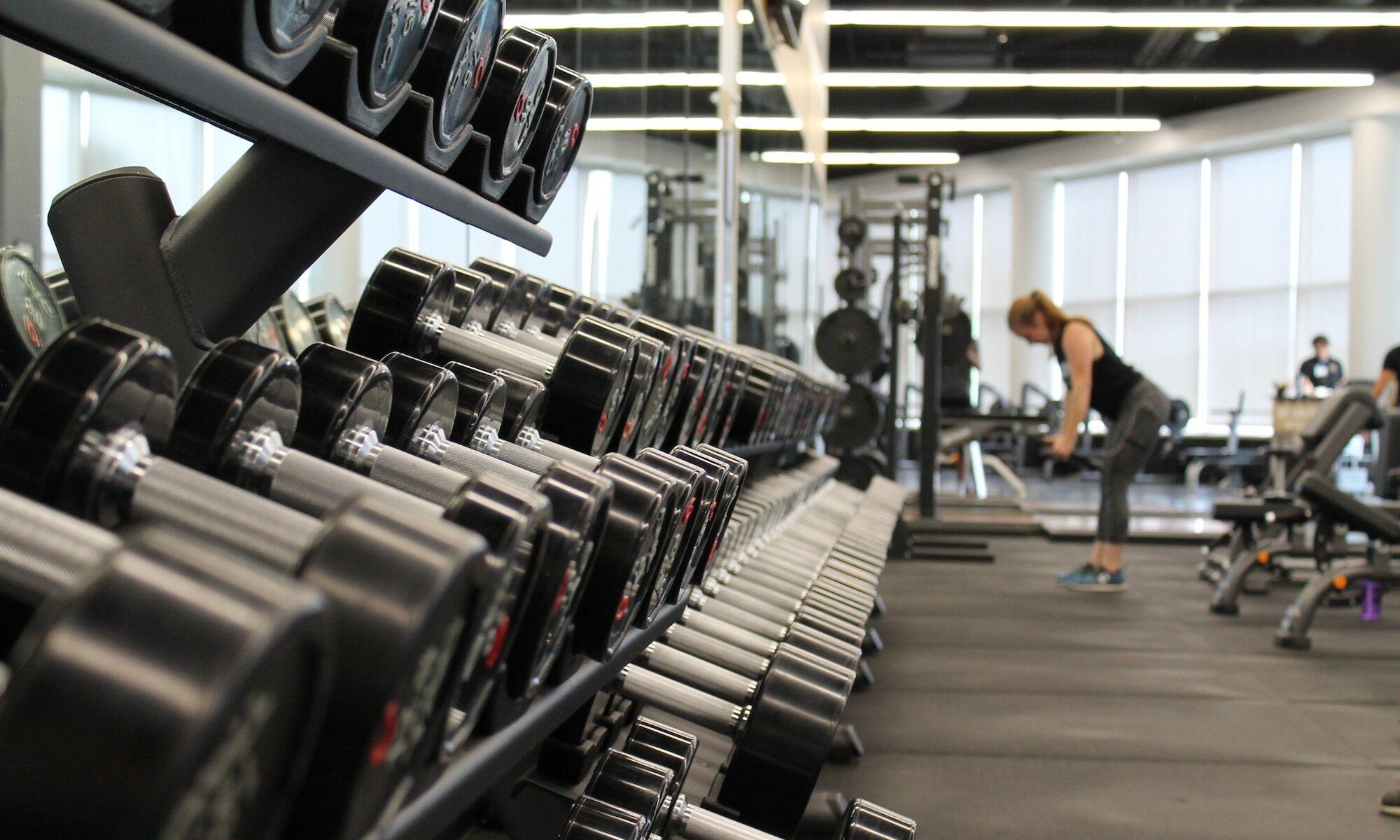Understanding the Significance of Mental Wellness in Achieving Overall Health in 2025
As the world continues to navigate rapid technological changes and increasing societal pressures, mental wellness has become more than just a personal goal; it’s a vital component of overall health. In 2025, the conversation around mental health is at an all-time high, driven by ongoing research, evolving social norms, and global awareness campaigns. Recognizing the importance of mental wellness involves understanding how mental states influence physical health, productivity, and quality of life. The integration of innovative tools, such as apps like Headspace and Calm, demonstrates the shift towards accessible, technology-driven mental health support.
In the context of 2025, mental wellness strategies are tailored to accommodate diverse lifestyles, incorporating not only clinical interventions but also daily habits that foster resilience and positivity. The pandemic aftermath has underscored the necessity of proactive mental health management, making strategies such as mindfulness, social connection, and self-care crucial for thriving in modern society. An increasing body of evidence suggests that nurturing mental well-being enhances physical health, boosts immune function, and reduces the risk of chronic diseases. With mental health issues affecting nearly 30% of the global population, adopting effective strategies is imperative for a healthier, more balanced life.
From workplace initiatives promoting psychological safety to individual routines emphasizing self-awareness, the landscape of mental wellness is more dynamic than ever. As we look toward 2025, integrating these strategies into everyday life is no longer optional but essential for resilience in an unpredictable world. This comprehensive approach not only fosters personal growth but also contributes to creating more empathetic, supportive communities, ultimately elevating societal health standards.
Comprehensive Approaches to Building Resilience and Mental Strength
Building resilience in 2025 requires a multifaceted approach that blends science, technology, and personal practices. Resilience is the capacity to bounce back from setbacks, adapt to change, and keep a positive outlook despite adversity. It’s a skill that can be cultivated through targeted strategies, including stress management techniques, cognitive-behavioral practices, and social support systems.
One foundational element is cultivating a mindset that embraces growth and learning from challenges. Techniques such as Insight Timer offer guided meditations that strengthen emotional regulation and mental clarity. A study conducted in 2024 revealed that individuals practicing daily mindfulness through apps like Mindfulness App or Happify reported significantly higher resilience scores and lower stress levels.
Simultaneously, engaging in physical activity, such as functional training or yoga, plays a pivotal role in resilience. Operating both physically and mentally, these activities enhance neuroplasticity, improve mood, and reduce anxiety. For example, recent research shows that integrating regular exercise into daily routines, like those outlined on Yoga Workout Guides, can fortify mental strength and dropout rates associated with mental health disorders decrease by up to 40%.
Effective resilience-building also hinges on fostering social connections, which provide emotional support and reduce feelings of isolation. Platforms such as group workouts create a sense of belonging, which is crucial for mental stability. Moreover, techniques like gratitude journaling or cognitive reframing help individuals develop a positive outlook, reducing susceptibility to depression and burnout. As societal understanding deepens, these strategies are becoming embedded into workplace wellness programs and school curricula.
| Resilience Building Technique | Primary Benefit | Recommended Tools |
|---|---|---|
| Mindfulness Meditation | Reduces stress, improves focus | Happify, Insight Timer |
| Physical Exercise | Enhances neuroplasticity, mood regulation | Healthy Lifestyle Tips |
| Social Connection | Reduces feelings of loneliness, emotional support | Group Workouts |
| Cognitive Reframing | Promotes positive thinking, emotional resilience | Talkspace |
Key Takeaway
Resilience is not innate but cultivated. Combining mindfulness, physical activity, social support, and cognitive techniques results in a robust mental framework capable of tackling life’s uncertainties with confidence.
Mastering Self-Care Activities to Elevate Mental and Emotional Wellbeing
In 2025, self-care remains the cornerstone of mental health, yet its interpretation has broadened beyond traditional practices to encompass daily routines that support emotional, physical, and mental balance. Self-care activities, when intentionally adopted, create a buffer against stress, anxiety, and burnout. Recognizing that personalized routines are most effective, individuals are encouraged to explore diverse activities that align with their unique needs.
The concept of self-care extends beyond occasional pampering to a consistent, integrated part of life. Activities such as practicing mindfulness or engaging with apps like Calm promote mental clarity and emotional stability. Meanwhile, physical self-care—through nutrition, exercise, and sleep—serves as a foundation for emotional health, with recent studies indicating that quality sleep alone can improve mood stability by 25%.
Implementing a self-care plan involves understanding different categories—physical, emotional, mental, social, and spiritual—and tailoring activities accordingly. For example, journaling and meditation foster emotional awareness. Connecting with loved ones or joining community groups enhances social bonds. Spiritual practices like prayer or outdoor retreats provide a sense of purpose and peace.
- Engage in daily mindfulness exercises with apps like Mindfulness App
- Prioritize sleep hygiene and consistent routines
- Allocate time for hobbies and passions to boost emotional resilience
- Connect regularly with supportive friends or communities
- Incorporate spiritual or reflective practices into your weekly schedule
Research from 2024 confirms that individuals who diligently practice self-care activities report 30% higher levels of happiness and a 20% reduction in stress-related illnesses. It’s important to view self-care as an ongoing process rather than a one-off effort, fostering habits that sustain mental health in the long term.
| Self-Care Activities | Benefits | Tools & Resources |
|---|---|---|
| Mindfulness meditation | Reduces anxiety, enhances focus | Headspace, Calm |
| Physical activity and nutrition | Boosts mood, physical health | Healthy Lifestyle Tips |
| Social engagement | Prevents loneliness, builds support systems | Group Workouts |
| Spiritual reflection | Provides purpose, emotional balance | Religious services, nature walks |
Practical Tip
Develop a personalized self-care routine that integrates at least one activity from each category. Remember, consistency is key. Over time, these routines will reinforce mental resilience and emotional wellbeing, leading to a more centered and fulfilling life.
Integrating Mindfulness and Meditation Technologies for Effective Mental Health Strategies
By 2025, the use of technology in mental health management has surged, making mindfulness and meditation more accessible than ever. Applications like Insight Timer, Headspace, and Calm offer guided sessions tailored to various needs—from reducing anxiety to improving focus.
These platforms utilize audio-visual tools, personalized plans, and community features to support users worldwide. For example, Headspace incorporates scientific techniques backed by neurological studies, resulting in measurable improvements in mental health within just a few weeks of consistent practice.
A recent survey indicates that users engaging with meditation apps for 10-15 minutes daily report better sleep quality, lower stress levels, and enhanced emotional regulation. The integration of live classes, reminders, and social sharing features creates a supportive environment that encourages persistence and accountability.
- Set a daily routine for meditation using your preferred app
- Combine mindfulness with physical activity, such as yoga or walking
- Participate in live or community sessions to enhance motivation
- Use guided imagery and breathing techniques for immediate stress relief
- Track progress and adjust sessions according to evolving needs
As mental health technology advances, so does the potential to personalize interventions. AI-driven insights can tailor mindfulness exercises to particular stressors or emotional challenges, making self-care more effective and engaging. Integrating these tools into daily routines is transforming mental wellness into an achievable, habitual practice.
| App/Tool | Features | Benefits |
|---|---|---|
| Headspace | Guided meditations, sleep sounds, animated videos | Reduces stress, improves sleep, enhances focus |
| Calm | Relaxing sounds, masterclasses, breathing exercises | Relieves anxiety, promotes relaxation |
| Insight Timer | Customizable timers, community forums, variety of guided sessions | Builds daily practice, fosters community support |
| Mindfulness App | Diversified meditation styles, health tracking | Enhances emotional resilience, promotes mindfulness |
Key Insight
In 2025, technology and mindfulness are seamlessly linked, offering personalized pathways to mental health. Consistent use of these tools can lead to measurable improvements in emotional stability and overall wellness, especially when integrated into daily routines.
Expert Perspectives: Psychological and Medical Insights on Effective Mental Wellness Strategies
Leading psychologists, neuroscientists, and health professionals agree that a holistic, evidence-based approach is key to mental wellness in 2025. Cognitive-behavioral therapy (CBT), neuroplasticity exercises, and lifestyle modifications form the backbone of recommendations from entities such as Talkspace and BetterHelp.
Recent studies highlight that combining therapy with self-directed practices like meditation, physical activity, and sleep hygiene significantly accelerates recovery from mental health disorders. For instance, integrating cognitive exercises from Yoga Workout Guides with professional counseling yields better long-term outcomes.
Data from 2024 indicates that individuals engaging in multi-dimensional strategies experience a 35% decrease in anxiety and depressive symptoms within six months. Emphasizing the brain’s neuroplasticity, these approaches aim to rewire neural pathways associated with stress and negative thought patterns.
| Professional Guidance | Approach | Outcome |
|---|---|---|
| Therapy (CBT, EMDR) | Identify and reframe negative thought patterns | Reduced symptoms, improved emotional regulation |
| Neuroplasticity Exercises | Engage in activities that stimulate brain reorganization | Enhanced resilience, better coping mechanisms |
| Lifestyle Modifications | Nutrition, sleep, physical activity | General health improvements, decreased mental health issues |
| Community Support | Peer groups, supportive environments | Increased stability, shared understanding |
Expert Advice
In 2025, combining professional treatment with self-care practices rooted in scientific research is the most effective path to mental wellness. Maintaining a dialogue with health professionals ensures strategies stay current and personalized, maximizing success.
Frequently Asked Questions
- What are the best daily practices for improving mental health?
- Integrating mindfulness exercises, regular physical activity, sufficient sleep, social connections, and purposeful activities forms a comprehensive daily routine that significantly boosts mental wellness.
- How can technology aid in managing stress and anxiety?
- Apps like Headspace and Calm provide guided meditations and sleep aids, making stress management accessible and personalized. AI-driven insights can further tailor interventions for better results.
- Are professional therapies necessary for mental wellness?
- While self-care routines are essential, professional guidance from platforms like BetterHelp or Talkspace offers personalized treatment plans, especially for severe or persistent issues.
- What role does social support play in mental health?
- Strong social bonds create emotional safety and reduce feelings of loneliness. Participating in group activities or community service enhances resilience and provides a sense of belonging.
- Can mindfulness practices really impact brain structure?
- Yes, scientific studies show that regular mindfulness meditation can increase gray matter density in areas responsible for emotion regulation and reduce activity in the stress-related amygdala.


